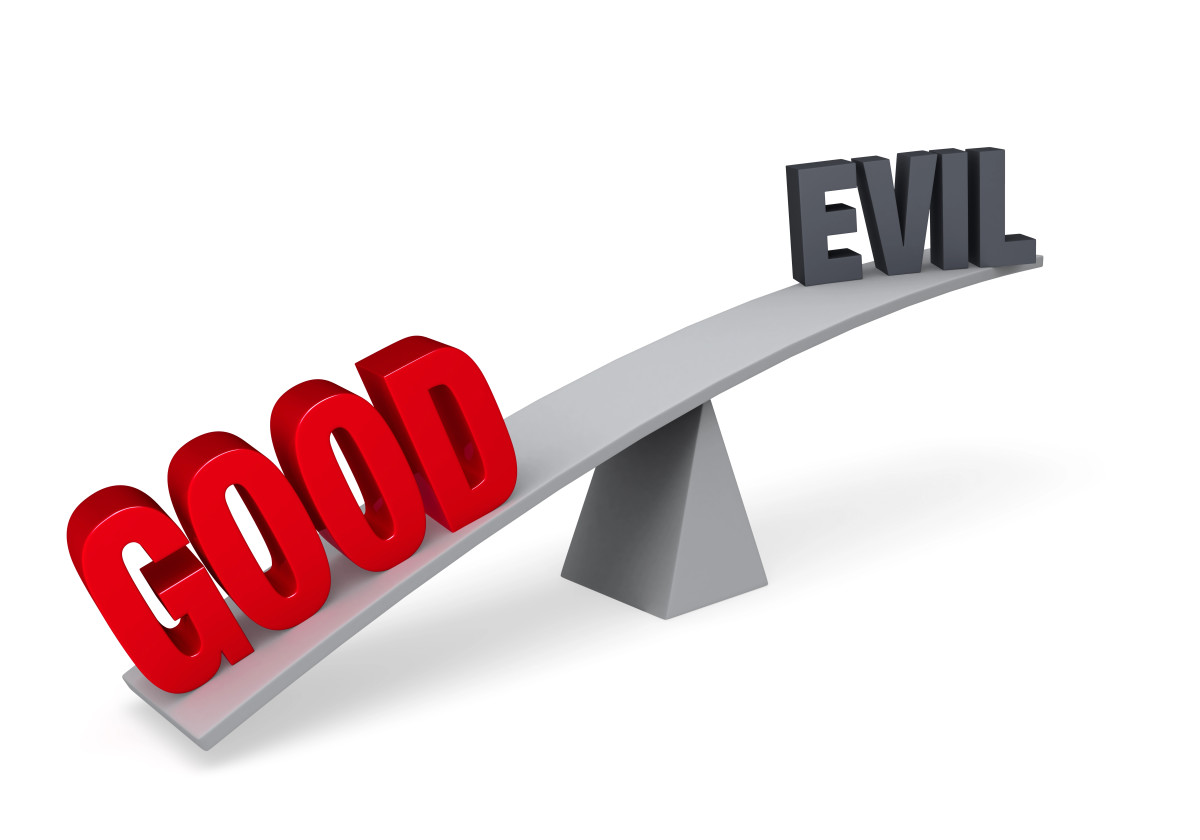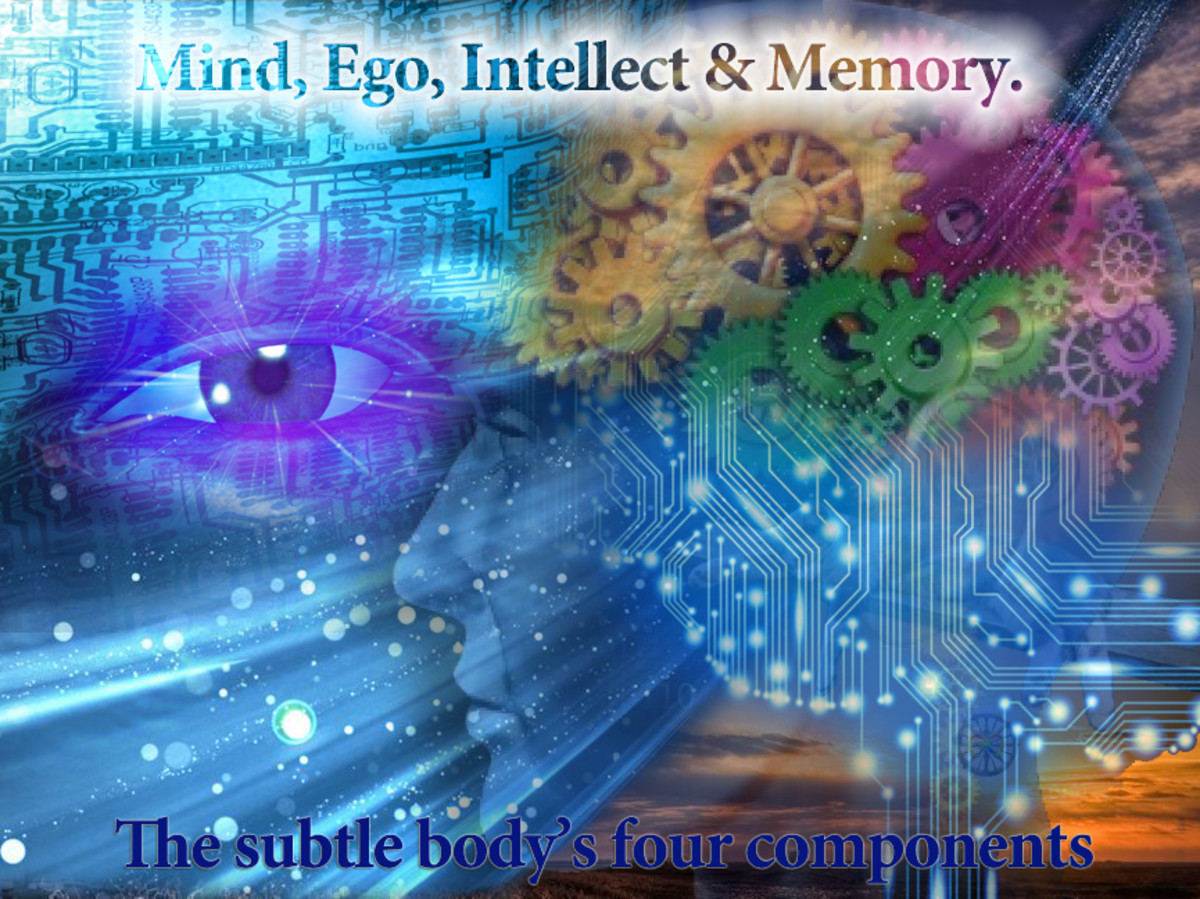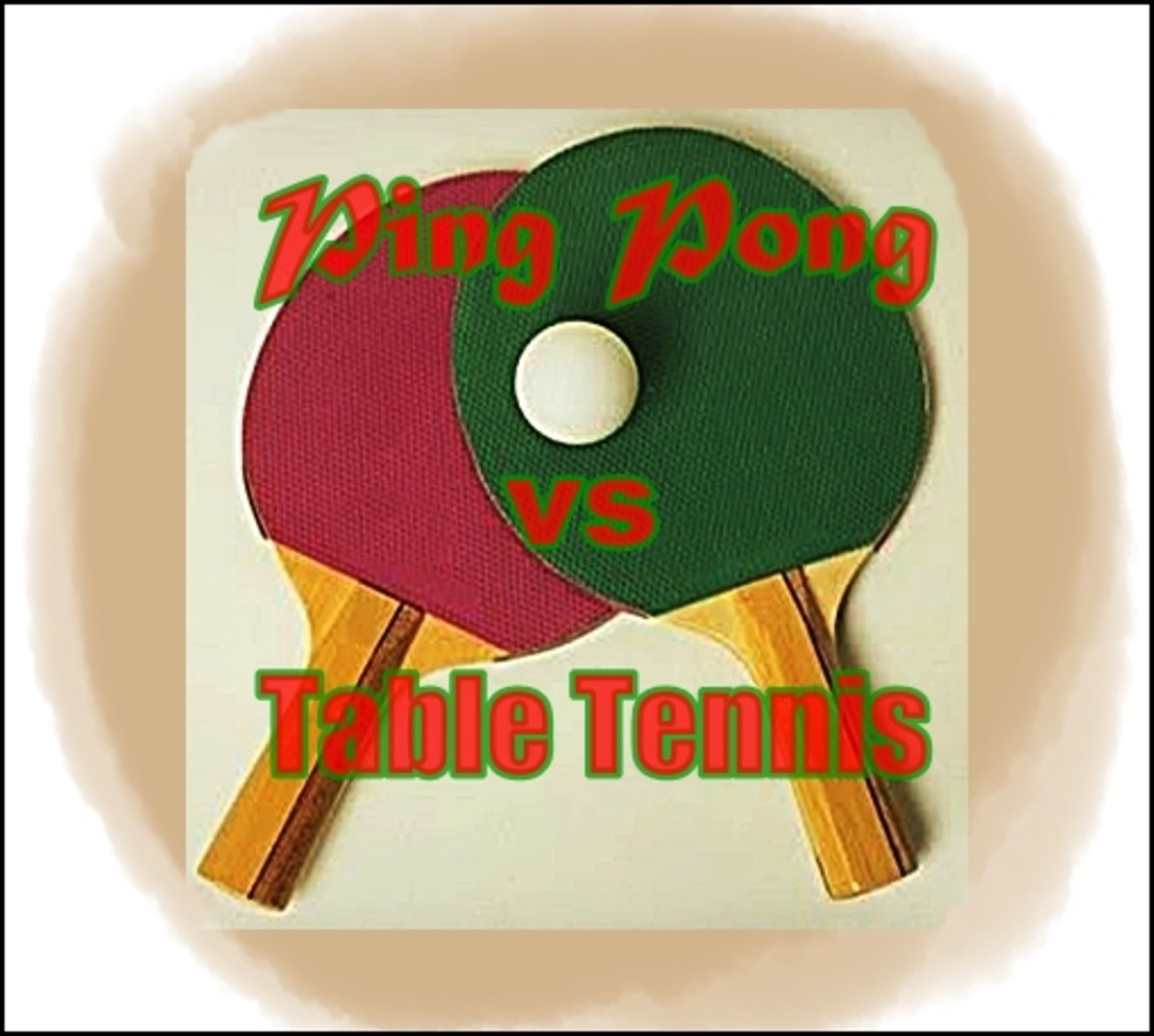How to Tell the Difference Between Good and Evil
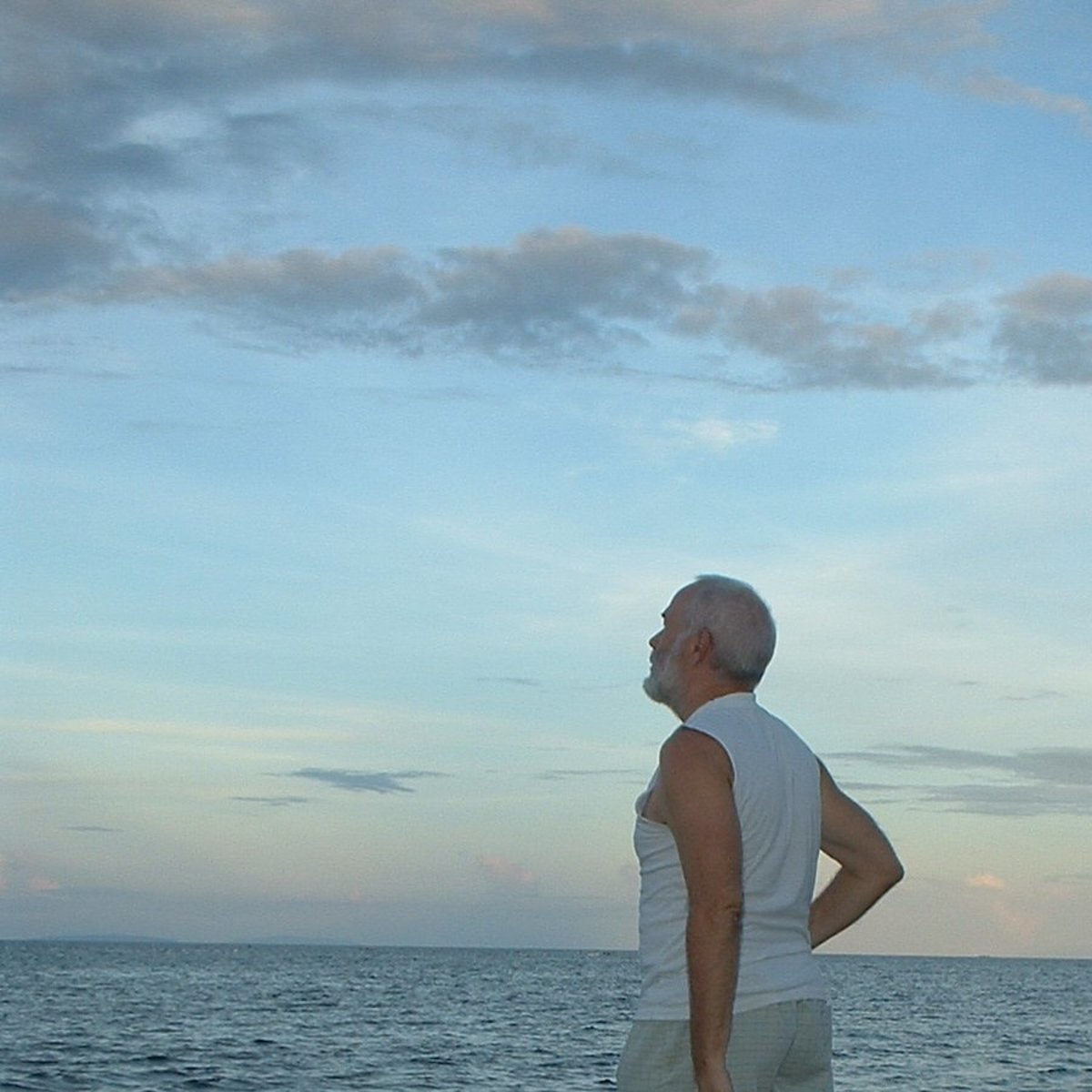
There is an age-old saying that money, or the love of money, is the root of all evil. There seems to be enough truth in this adage to make it persist from one generation to the next. What is it about this old saw that makes it feel at least a little right? More importantly, what is it behind this saying that is really evil? How do we tell the difference between good and evil?
Money is a tool. Like any tool, it can be misused, abused, hoarded, squandered and more. Immediately, though, we can see many things which may have nothing to do with money, but which most any individual would consider evil—rape, jealous rage, and murder, just to name a few.
Of course, money can be involved in many of these types, but there are many examples completely devoid of such references. While it is true that a jealous rage could have something to do with money, it could be entirely about being jilted for someone who is more fun to be with. Murder could be about embezzlement, or merely a jealous rage.
Take any evil act or event and the one common denominator is the "self"—the "ego." This isn't the psychological term, "ego." We're talking more about the mortal identity—the "I" behind the eyes. Ego is the source of selfishness. And there resides our biggest clue: Ego is the source of all evil, because it is the heart of selfishness.
Shades of Selfishness
National pride drove Adolph Hitler to rise to power. What was good for Germany was not necessarily good for Poland, France, the Netherlands or Russia. The British didn't exactly like the buzz bombs sent their way.
All conquerors take what does not belong to them. Some conquerors also give as well as take. Alexander the Great gave knowledge, culture and civilization. Some might say that the Spanish did likewise, but all too frequently they expunged existing civilization, knowledge and culture selfishly in favor of their own, self-defined, more righteous methods and viewpoints. Some conquerors used terror as a weapon of control. Others attempted to include other viewpoints so long as they remained harmonious.
Many today feel that religion is the source of all evil, but that money is entirely okay. But just as there was with money, there are many evil acts and events of today and the past which have nothing to do with religion.
Importance
When something is important, it motivates an individual to act. Such importances, if thwarted, become sources of contention and even violence. Take away a man's job and his ability to feed his family, and he might become violent. One such man, in 1835, took two pistols up to then President Andrew Jackson and attempted to kill him for standing in the way of the flow of money. You see, Andrew Jackson wanted to get rid of America's ties to European bankers by eliminating the central bank. His would-be assassin, Richard Lawrence, had lost his job and felt that tight money without a central bank had been the cause. No more Jackson would mean European bankers would reinstall their bank.
Mr. Lawrence felt his livelihood was so important that he was willing to sacrifice himself for a greater cause. Officials later found him to be somewhat insane, but one has to wonder where he got his economic ideas. Were they fed to him by a banking agent? We may never know.
The key point, though, is that "importance" drove Mr. Lawrence to act selfishly—to commit murder. Perhaps humidity jammed both of his guns that day, saving the president's life.
Anything which remains important contains that lofty quality only because there is a "self" to judge it so. Again, this is the ego self.
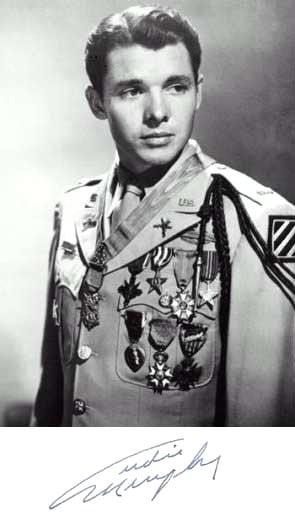
Hero versus Coward
A hero is someone who is entirely selfless. They risk all and sacrifice much so that others may benefit. A man jumps a celebrity stalker and disarms him of his knife, saving the celebrity's life. Afterward, the hero hesitates to refer to himself as such. In fact, he feels embarrassed for all of the attention. He merely wanted to help and would have felt quite comfortable with retaining anonymity. Ego is missing.
A coward is afraid. A coward tries to protect what they have and fears greatly, risking little. They do not give generously. If bread is found on a lifeboat, the coward may not reveal their discovery and so prevent it from being shared. They are selfish. They are full of ego.
The suicide perpetrator is perhaps the most selfish person ever. To them, all of their anguish and hurt is all about themselves. Their ego is the center of their universe. Their end of life is their message of defiance to the rest of the world. It is an upside-down sense of grandeur and, again, full of ego. Suicide is a most cowardly act and entirely selfish.
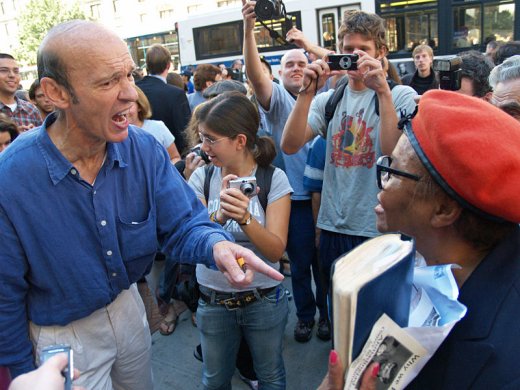
Ego Defined
Ego is defined at Dictionary.com as, "the 'I' or self of any person; a person as thinking, feeling, and willing, and distinguishing itself from the selves of others and from objects of its thought."
In psychoanalysis, ego is "the part of the psychic apparatus that experiences and reacts to the outside world and thus mediates between the primitive drives of the id and the demands of the social and physical environment." This isn't exactly what we're after.
Ego is also defined as, "egotism; conceit; self-importance" and "self-esteem or self-image; feelings."
This is the sense of self that is easily bruised. It remains vulnerable. It is highly prized and jealously protected.
To the Buddhist, ego is the heart of ignorance—that which separates us from the whole and traps us in the cycle of samsara or suffering. Khentin Tai Situ Pa, in his book, Way to Go, wrote, "Any action which is tainted (whether negative, selfish or dualistic) is not free from the first link, the darkness of ignorance, the notion of 'I.'"
Jesus of Nazareth, founder of Christianity, spoke of this ego self when he condemned the Pharisees for their pretension—showing off their good deeds, or showing their suffering when they fasted. The Nazarene also spoke of ego when he said that this is the self which must die before one can gain everlasting life. His own death was symbolic of the sacrifice that each of us must make in order to let go of ego once and for all.
Jesus also said that the First (egoist) shall be last, and the Last (humble and loving) shall be first.
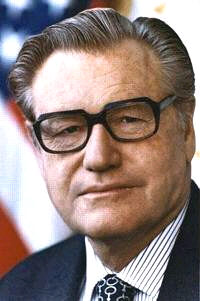
How Do You Tell the Difference Between Good and Evil?
Look at the motivation of the person or group. The Rockefellers, for instance, were good at showing their philanthropy. They donated to medical colleges which followed their guidelines, so that today we have medical care by drugs and surgery. In a pinch, such medical care can save lives, but for long-term health maintenance, it fails miserably. Look at the motivation. There is far more money to be made off of disease maintenance—maintaining the persistence of a disease—than off of curing disease.
When Nelson Rockefeller was being vetted by the United States Congress for his potential role as vice president, he was asked about the fact that one of his companies was supplying the North Vietnamese. To the shame of the American Congress, Mr. Rockefeller's ignorance was received as an acceptable answer.
If a company or an individual values the lives of others so little that they are willing to commit treason just to make more money, then they are truly evil.
Vice President Cheney's old company, Haliburton, was found to have a headquarters in Tehran, Iran. When Cheney's successor was asked about it, he pleaded ignorance. Later, he then booked his flights to Tehran through Haliburton's London office. Apparently, he thought that would help keep his secret.
Such forces of evil play off of our own egos, if we let them. When 9/11 happened, the previously prepared mechanisms of the so-called Patriot Act were put into place, further restricting the freedoms of America's citizens. Reacting to evil is in itself a source of evil. Adolph Hitler used this technique with powerful, but chilling consequences.
Money, power, religion, influence, wars, banking greed, lies, betrayal, treason—all of the evils associated with these stem from ego—at the heart of selfishness.
Ego thrives on being seen as right, powerful and good. It boasts of its good deeds. Beyond good and evil, true good is frequently anonymous. The ego self is never involved.

